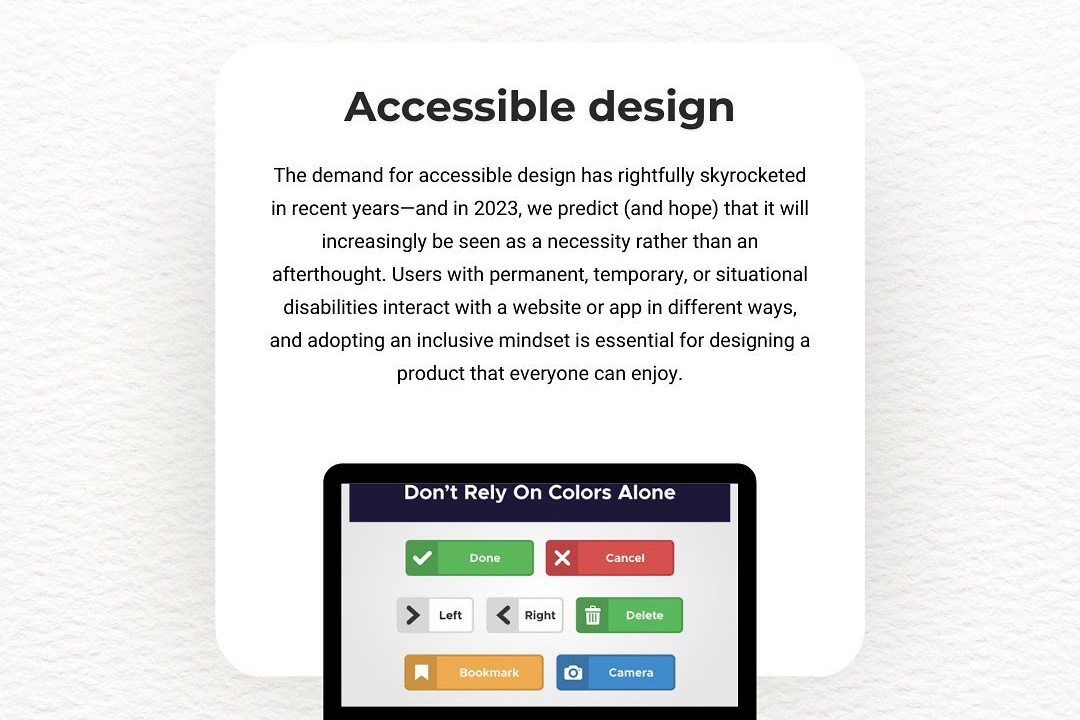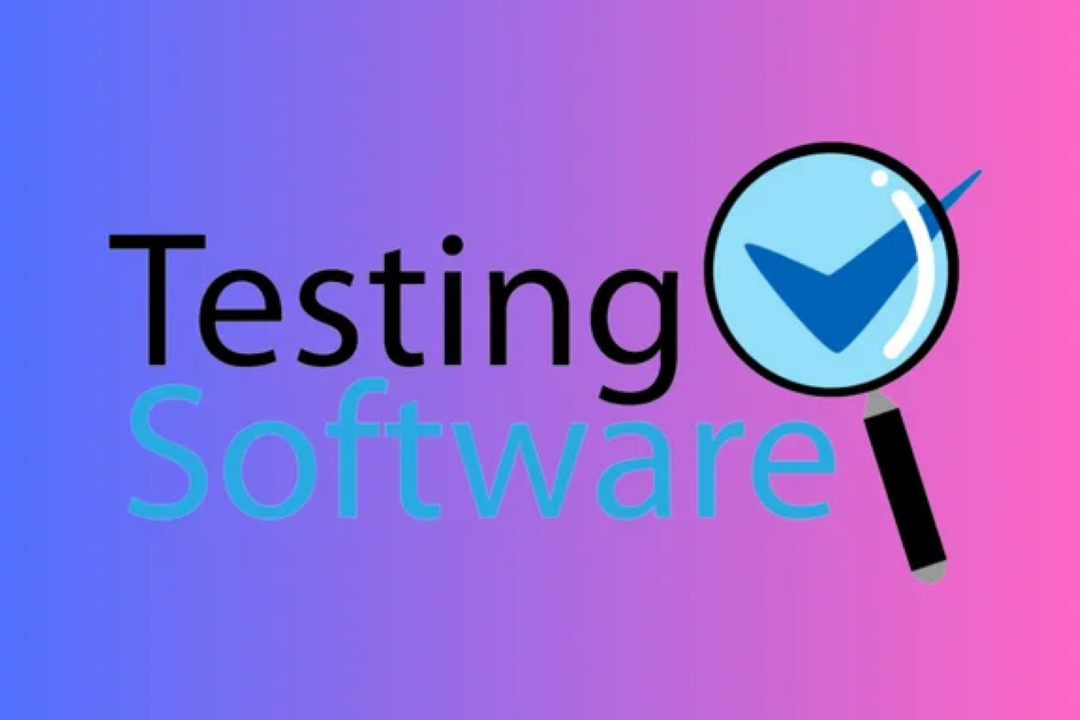Java Chatbot Development
Building Intelligent Chatbots with Java
Java Chatbot Development
Java chatbot development involves creating conversational agents using the Java programming language, leveraging its robust ecosystem and libraries. Developers can utilize frameworks such as Java Spring Boot for the backend, coupled with natural language processing (NLP) libraries like Stanford NLP or Apache OpenNLP to interpret user input. The chatbot can be designed to integrate with various messaging platforms (like WhatsApp, Facebook Messenger, or Slack) using their APIs. Java's strong support for multithreading and networking can enhance the chatbot's responsiveness and scalability. Additionally, developers can incorporate machine learning models to improve the chatbot's learning capabilities and overall user experience, allowing it to handle more complex interactions and deliver contextually relevant responses.
To Download Our Brochure: https://www.justacademy.co/download-brochure-for-free
Message us for more information: +91 9987184296
1 - Introduction to Chatbots: Understanding what chatbots are, their purpose, and how they are transforming communication in various industries.
2) Java Programming Basics: A brief overview of Java programming fundamentals, covering syntax, data types, and control structures, to ensure all participants have a foundational understanding.
3) Setting Up Java Development Environment: Guidance on how to install and configure the Java Development Kit (JDK), Integrated Development Environment (IDE) like IntelliJ IDEA or Eclipse, and necessary libraries.
4) Understanding APIs: Introduction to APIs (Application Programming Interfaces) and how they are crucial for integrating third party services in chatbot development.
5) Natural Language Processing (NLP) Basics: An overview of NLP and its importance in understanding user queries, including key techniques such as tokenization and sentiment analysis.
6) Using Java Libraries for NLP: Introduction to popular Java libraries for NLP, such as Stanford NLP, OpenNLP, or Apache Lucene, which can help in processing and understanding language.
7) Chatbot Architecture: Explanation of the components involved in chatbot architecture, including user interface, processing layers, and database management for storing conversations.
8) Creating a Simple Chatbot: Step by step guidance on how to build a simple rule based chatbot in Java, using if else statements and predefined responses.
9) Integrating Machine Learning Models: Introduction to incorporating machine learning models using libraries like Weka or Deeplearning4j for more advanced conversational capabilities.
10) Database Integration: Exploring how to integrate databases (like MySQL or MongoDB) to allow the chatbot to store and retrieve user information and conversation history.
11) Building a RESTful API: How to create a RESTful API using Spring Boot to communicate with the chatbot, making it accessible over the web.
12) User Interface Development: Overview of front end technologies (like HTML, CSS, and JavaScript) for creating a user friendly interface to interact with the chatbot.
13) Deployment Strategies: Discussing various deployment methods for chatbots, including cloud platforms like AWS, Heroku, or local server options.
14) Testing and Debugging: Best practices for testing chatbots, including unit testing and using logging to identify issues and improve reliability.
15) Enhancing Chatbot Capabilities: Techniques to improve chatbot interactions, such as adding support for multiple languages, implementing user authentication, or enabling voice recognition.
16) Ethics and Best Practices: Discussing the ethical considerations in chatbot development, including data privacy, user consent, and transparency in AI interactions.
17) Hands on Projects: Involving students in practical projects where they develop and deploy their chatbots, emphasizing real world applications and collaborative work.
18) Resources and Community: Providing students with resources, documentation, and community links (like forums and GitHub) for continuous learning and support beyond the training program.
This training program will equip students with the essential skills to develop their own chatbots using Java, preparing them for a future in AI and software development.
Browse our course links : https://www.justacademy.co/all-courses
To Join our FREE DEMO Session: Click Here
Contact Us for more info:
- Message us on Whatsapp: +91 9987184296
- Email id: info@justacademy.co












